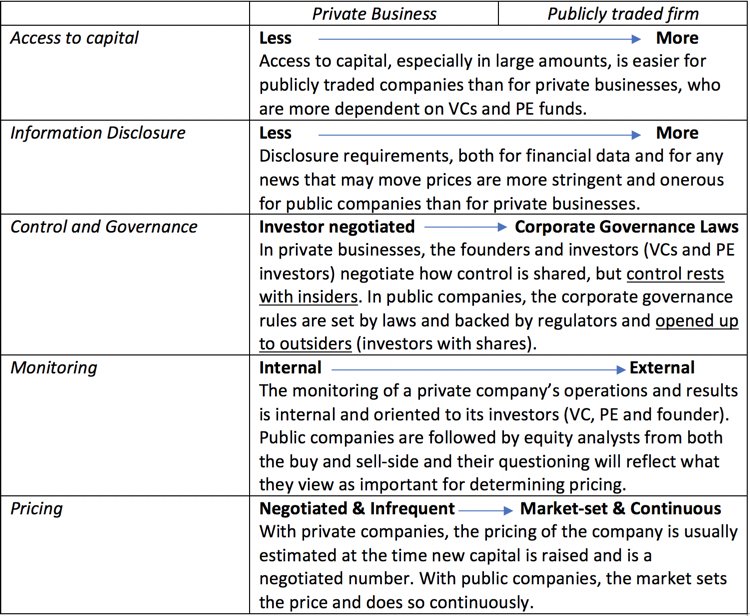The way I see it is fairly simple.
Going public is the best way to raise the largest sums of cash to fund your operations.
Going private is the best way to execute on your mission with minimal investor interference.
Elon's now got the means to raise cash without the public's help. The team will be able to execute at the highest level possible with little to no interference from outside money. Look at what SpaceX has been able to achieve as a private company - I would argue that their achievements are on a scale much larger than Tesla. Yet Tesla can very easily have the same level of execution if it can also focus and hunker down on long term, very big, sometimes "impossible" goals, without having to answer to quarterly requirements from investors questioning their every move.
The biggest thing for me however is that it's going to allow Elon to have much less stress in his life. He's not going to have to worry about what investors are saying, or what short sellers are trying to do to damage his company's reputation. And in the end, the most important thing for Tesla is its leader's health, and going private will be a great step towards achieving a healthier life for Elon.
I will vote to take the company private.



